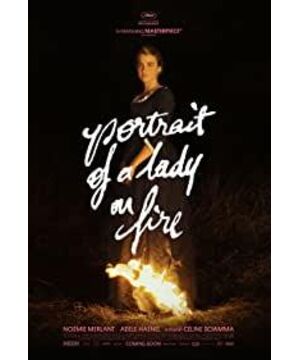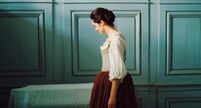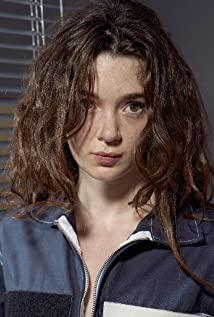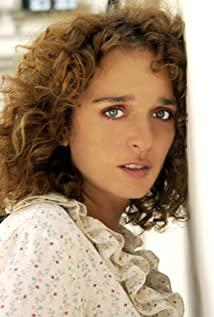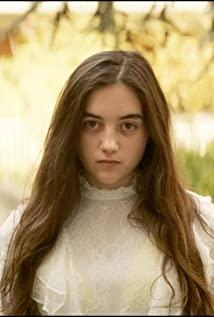In the case of basically no soundtrack, the delicate affection between the two is vividly reflected; the appearance of the only two official soundtracks, under the foreshadowing of the long quiet tone like a whisper, both played a role. Just amazing effect.
The pictures with the texture of oil painting on canvas, the stories in small format, the perfect works that "Carol" and "Adele" will be inferior in front of them, and the pictures flowing quietly on the screen can make people cry to the end.
The power relationship between staring and being stared runs through the film. As Marianne and Héloïse stare at each other on opposite ends of the bonfire, the only original soundtrack sings: "Non possum fugere" - I can't escape, I have no choice. I can neither escape the web woven by lust, nor my love for you; nor can I escape the barriers created by reality, nor the arrangement of my destiny. Therefore, even though the lust made the skirt burn in the dark night, Héloïse finally chose to wear the white dress in the myth of Orpheus. The identity of the fake "dead wife" made her "Orpheus" look back at the last moment to say goodbye—— This is not a lover's choice, but a poetic choice. Although this farewell means falling into the underworld again and leaving the lover forever, but since fate has determined that the two of them will finally be unable to spend the rest of their lives together, it is better to engrave each other's best memories into each other's bodies.
In the last long shot, the audience follows Marianne's gaze into Héloïse's face, Marianne gazes at Héloïse, we gaze at Héloïse, and at the same time we gaze at the ta in that individual experience.
Of course, the design of plots such as maid abortion also undoubtedly signifies that the director does not only intend to use such a story to miss his old lover, but the small-scale story actually contains a greater ambition - to be drowned in the male gaze. Historically, the female artist, the female body, and even the very concept of womanhood, is revived in the 21st century through the lens of cinema, dancing in bonfires as what Héloïse calls "equality."
View more about Portrait of a Lady on Fire reviews


